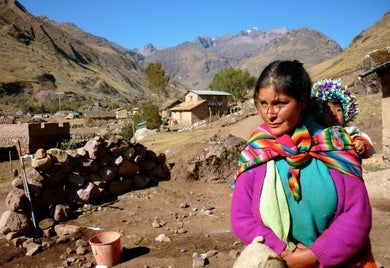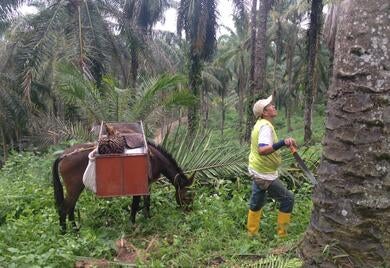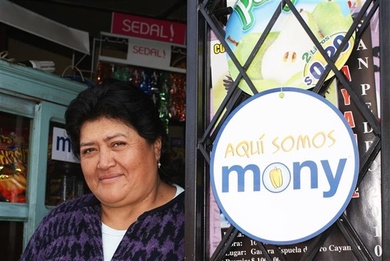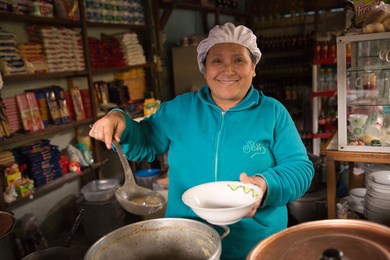Blogs Navigation
Sustainable BusinessRecent posts

Addressing gender-based violence from the private sector: the experience of Laboratorios Bagó
Francisco Méndez, CEO of the pharmaceutical company, shares his company's efforts and achievements in fostering an inclusive and safe work environment.

How Responsible Investments Can Empower Young Women and Girls in Miches While Boosting Tourism
In partnership with Fundación Tropicalia, IDB Invest fosters a more inclusive and sustainable growth path in the Dominican Republic by focusing on their untapped potential.

A Few Very Good Reasons to Protect the Integrity of Gender Bonds
Latin America and the Caribbean has become a leading region in gender bond issuance aimed at bolstering women’s empowerment. These instruments offer a promising capital market solution to mobilize funds towards projects that help accelerate parity.

How to make cultural tourism inclusive and sustainable
If you want to start a hotel, the normal thing to do is buy some land, build the hotel, hire a few locals for cooking, cleaning and maintenance and open for business.

Four Ways to Get the Most out of Palm Oil in Latin America and the Caribbean
What do soap, Ben and Jerry’s, and KitKat bars have in common? They all contain palm oil, an oil produced by the oil palm tree. Indonesia and Malaysia produce the vast majority of the world’s supply and have experienced significant environmental consequences as a result. Now the crop’s profitability is attracting interest in other tropical climates, including Latin America and the Caribbean.

Improving effectiveness of development cooperation and the role of private sector
By Ichiro Toda Many collaborative efforts are underway to bring public and private development practitioners together to strengthen development effectiveness. The push for more cooperation began in November 2011 when the global development community, including the IDB, agreed to the Busan Partnership for Development Effectiveness. The principles in the agreement promote enhanced country ownership, results measurement, inclusive partnerships, transparency and mutual accountability in development work. Recognizing the central role of the private sector, the Busan final document encouraged efforts to:

Corporate social innovation is the new corporate social responsibility
By Elizabeth Boggs Davidsen A new trend in international development has paired some unlikely business partners: development finance institutions and impact investors are working with large multinational corporations to fund projects that advance both development and business agendas.

Financial inclusion just a click away: E-wallets and payment platforms
By Valentina Echeverry, Opportunities for the Majority; and Sergio Navajas, MIF. In Latin America, 60 percent of the population lacks access to financial services, equivalent to approximately 250 million people. However, mobile phone penetration is between 90 and 100 percent. In some countries, such as Colombia, penetration is 105 percent. This indicates that most people have a mobile device and some, even two. What role do mobile wallets and payment platforms play in financial inclusion?

Potential in the Pacific: Connecting SMEs across Latin America
By Ana Lucia Escudero Peru’s southern port of Paracas boasts pre-Incan trade routes dating back to 300 B.C. – a fitting venue to host the 10th Summit of the Pacific Alliance where heads of state from Mexico, Colombia, Chile and Peru discussed ways to deepen trade integration, financial ties and social inclusion among the four nations.


